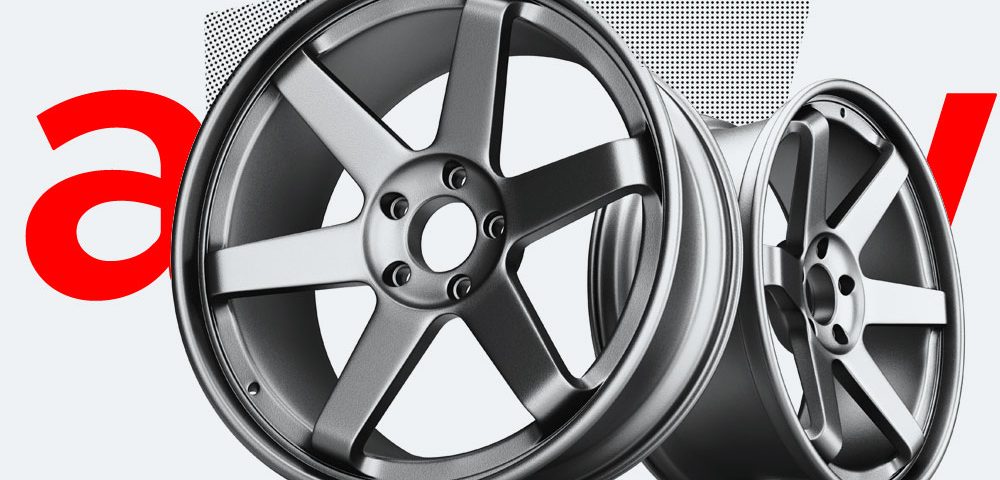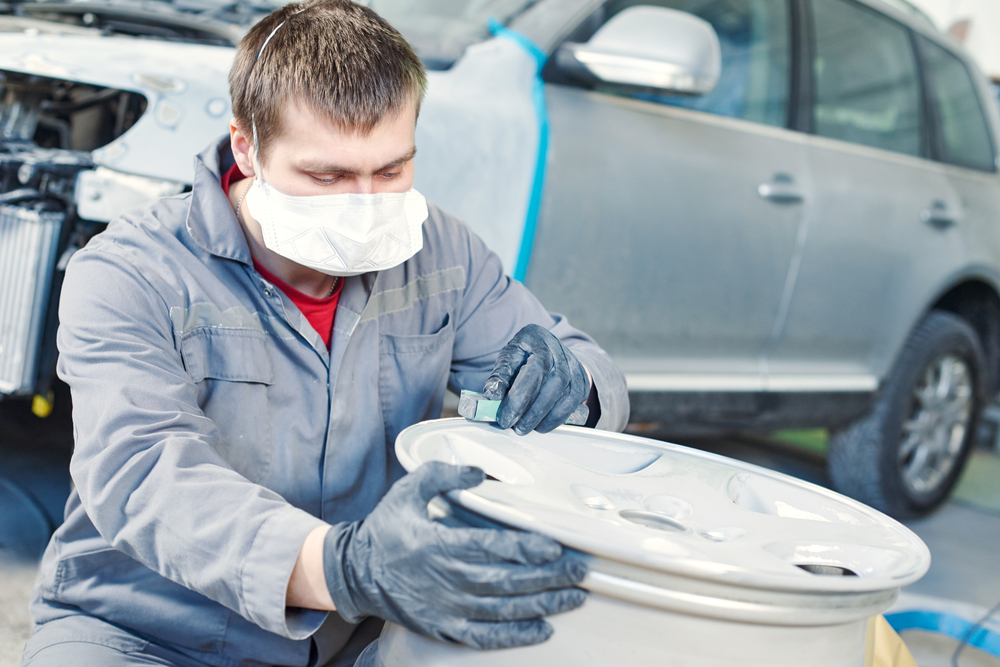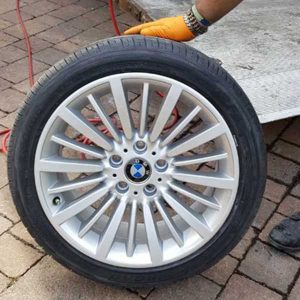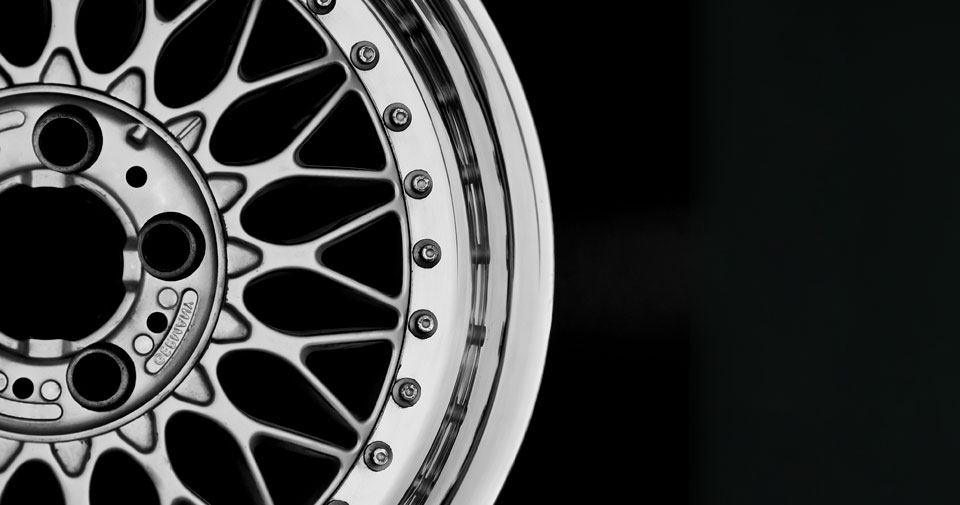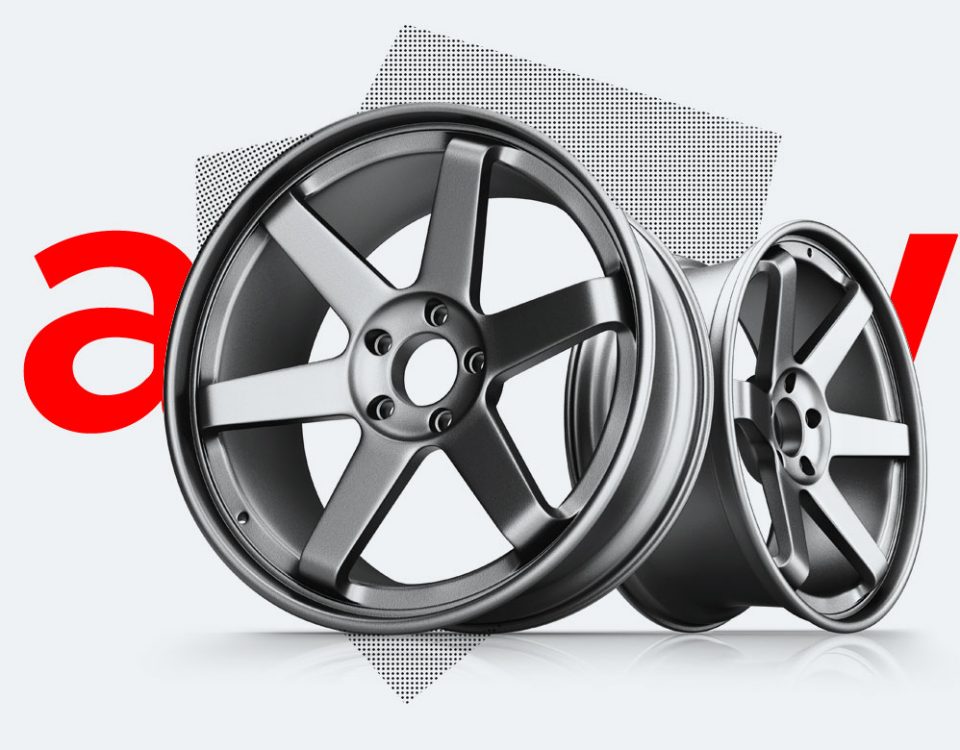Restoring your alloy wheels can dramatically improve your vehicle’s appearance and performance. Over time, wheels can suffer from scratches, scuffs, and corrosion, affecting both aesthetics and safety on the road. In this guide, we’ll explore the art of alloy wheel refurbishment and how we can help revitalise your wheels. Whether you’re looking to eliminate unsightly damage or simply refresh the look of your vehicle, our expert team is here to deliver exceptional results.
At Scuff Doc, we specialise in restoring alloy wheels to their former glory. With a focus on quality craftsmanship and customer satisfaction, we ensure your wheels not only look great but also perform at their best. Let’s uncover the benefits and process of alloy wheel refurbishment together!




